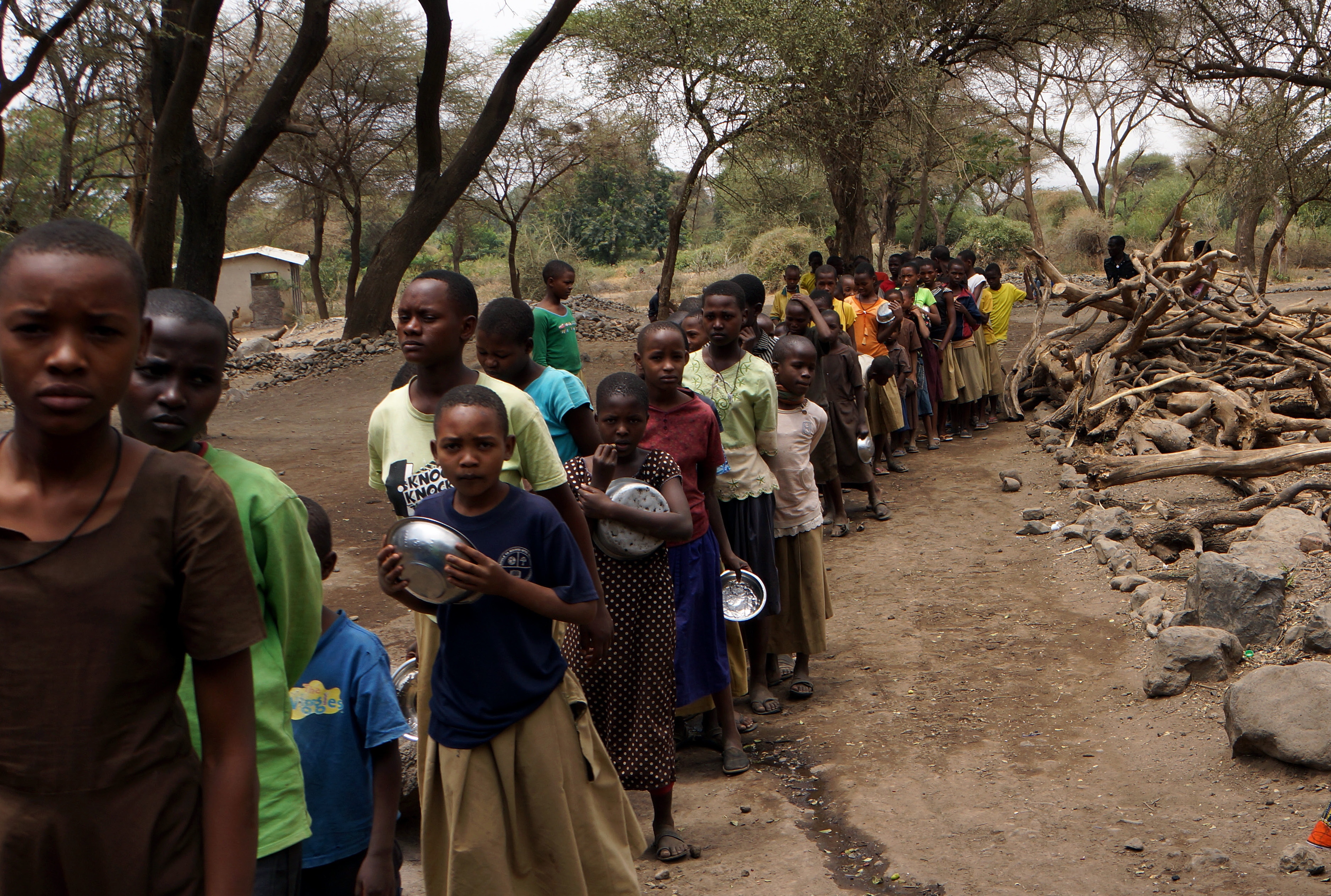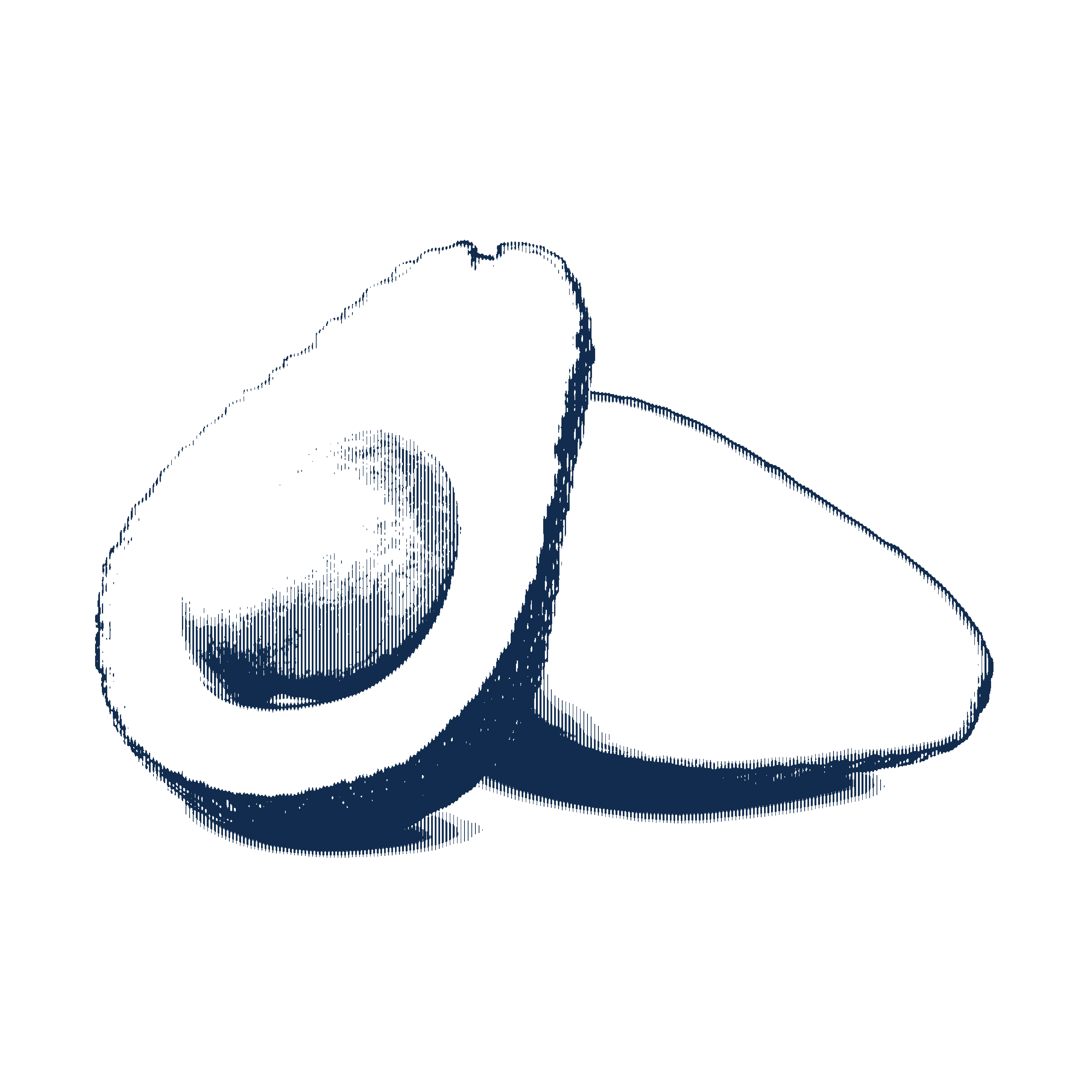
DAR ES SALAAM, Tanzania — A typical Tanzanian family will not pass a day without eating ugali — a stiff porridge made from ground corn, somewhat like Italian polenta.
Would Tanzanians eat ugali if the flour came from genetically modified corn?
Tension over that question is tearing at the country, with scientists insisting the answer should be "yes," while GM foes say, "No way!"
Most of Tanzania's corn is grown by smallholder farmers who typically plant seeds from traditional varieties and rely on natural rains. But the rains have failed them. The country's 44 million people suffered severe droughts in 2003, 2005 and 2011. Millions needed food handouts to survive.
Beyond drought, local scientists say this basic crop also is threatened by climate change, disease and pests.
Genetic modification could help overcome those problems, scientists say. The technology has been adopted by more than 17 million farmers in other countries.
Under current government regulations, though, Tanzanian scientists cannot conduct field trials with GM plants. And farmers cannot cultivate any crop developed with the new biotechnology.
Alois Kullaya is one of several local scientists who are urging the government to relax the regulations. He is principal agricultural research officer at Mikocheni Agricultural Research Institute and also Tanzanian coordinator of a research consortium called Water Efficient Maize for Africa.
"We have finished confined laboratory trials from genetically modified seeds in 2009, but until now we can't conduct field trials because of restrictive liability regulations, which means that all this research goes to waste," Kullaya said.
Drought, disease drive need for modified crops
He said there is no question the technology is needed. Tanzania faces a future where farmers will have more mouths to feed under ever more difficult conditions — due to the double whammy of population growth and climate change.
Another threat comes from plant diseases. Several regions have been hit by viruses that cause maize lethal necrosis disease. Infected plants wither and wilt, with leaves turning from green to yellow. They often die before flowering. The disease can destroy an entire crop.
GM technology offers an eventual solution to that problem too, scientists say.
Under Tanzania's biosafety regulations, though, developers of GM crops could be held liable for negative effects claimed in connection with them. The regulations, adopted in 2009, set out a "strict liability" principle. Essentially, it holds that anyone associated with importing, transporting, selling or using a GM product faces liability for any perceived harm.
Critics say this is a "guilty until proven innocent" approach.
Tanzanian President Jakaya Kikwete, whose government has adopted an agricultural development blueprint dubbed Kilimo Kwanza, has said the regulations will be eased, but he has not given a specific time frame for doing so.
Tanzania's East African neighbors take a different, fault-based, regulatory approach with higher standards for proving harm and negligence. So researchers developing GM crops have shied away from Tanzania and worked instead in Uganda and Kenya.
While Uganda and Kenya have not given final approval for commercial sales of GM crops, farmers in those countries have been able to see field trials demonstrating their effectiveness. In Uganda, for example, scientists are making headway in trials of GM bananas that resist a destructive wilt disease. Tanzanian farmers have lost thousands of acres of the crops to the same disease.
Anti-GMO activists defending regulations
Opponents of genetically modified organisms are urging Kikwete's government to hold the existing regulations in place. To allow GM crops would be to risk injury to health and the environment, they argue.
"Whoever introduces GM crops should be responsible for whatever happens on the ground," said Abdallah Mkindi, Coordinator of Tanzania Alliance for Biodiversity, a 19-member organization of environmental and organic farming groups.
He alleges that local scientists are a front for multinational seed companies. Those companies eventually will control Tanzania's farmers if they are allowed to sell GM products, Mkindi and his allies maintain. Rather than improve food security, that prospect threatens food for the future, they say.
"GMO is not a solution to famine," Mkindi said.
Farmers want options, technology that works
Cassava is another crop that scientists have targeted for genetic modification, inserting genes intended to help the widely consumed tuber resistant diseases and pests.
Cassava farmers at Mapinga village near Dar es Salaam said yields have been poor in recent years because of cassava mosaic disease. Mwajuma Mpanju said her crop was wiped out by the disease three years ago.
Farmers are interested in any technology that works, she said. All tools should be available so that farmers themselves can choose what is best to meet their needs.
What farmers want, she said, is choice — a variety of seeds and tubers on the market.
Indeed, scientists warn that Tanzanian farmers may take to the GM crops on their own if they see remarkable success in Uganda and Kenya.
After Burkina Faso adopted BT cotton, which contains a defense against destructive insects, farmers in neighboring West African countries reportedly obtained the seeds even though they were illegal in those countries.
"In Uganda, BT banana is doing very well," Kullaya said. "If we don't allow GMO field trials ... farmers in (Tanzania) will likely adopt the variety."
To view the videos that go along with this story, visit the Des Moines Register website.







